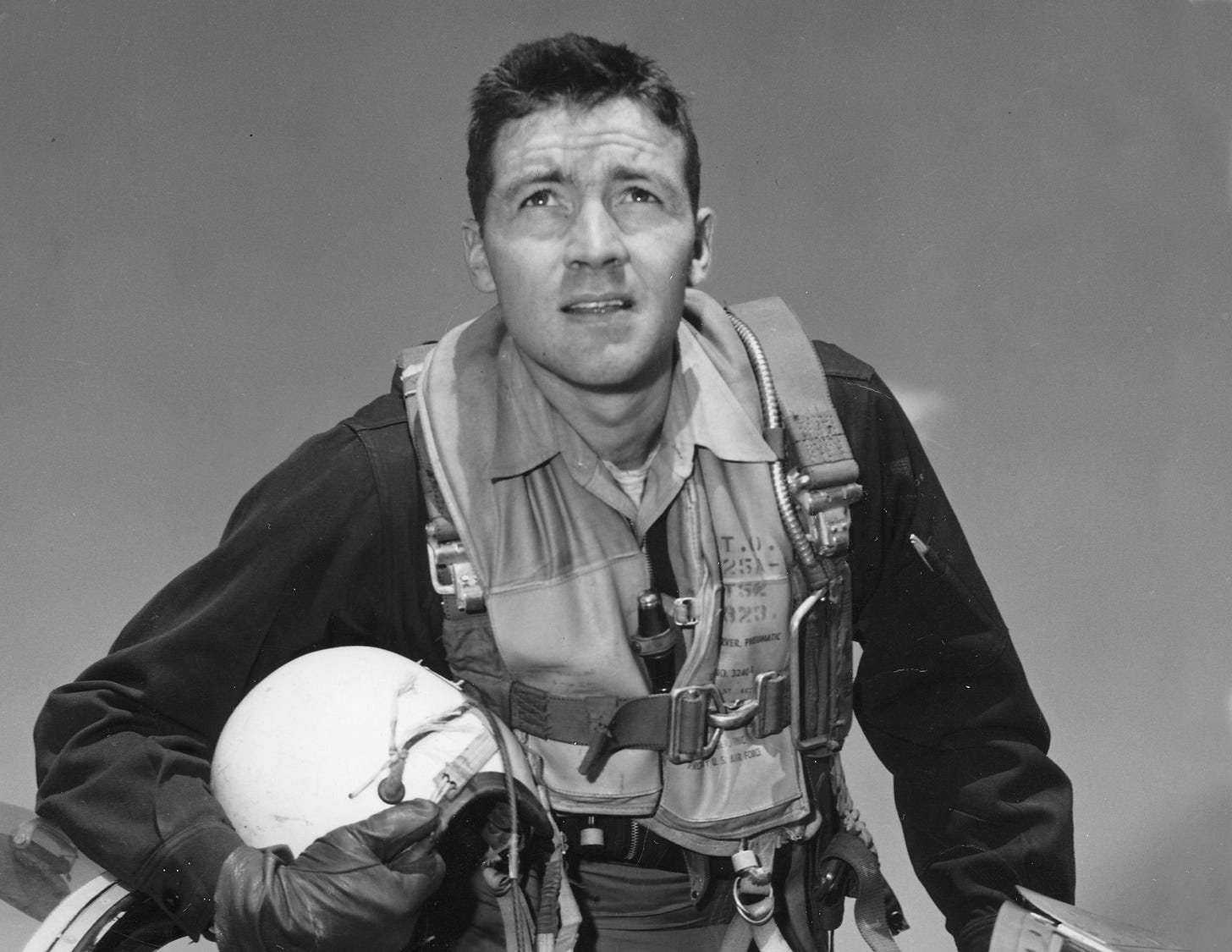Tempo Tempo Tempo
One of my college coaches always preached that we needed to move with Tempo, Tempo, and Tempo.
It extended from decision making to the actual execution. Always be moving, and move with purpose. If you're moving faster than your competitors then you're going to win in the long run.
I have yet to see an example where this is not true — especially with startups.
The best founders have a high inertia. They move rapidly and they carry a sense of progress whenever you talk to them. It's the difference between someone staying up late to solve a problem or going to bed and solving it tomorrow. There's an impulse to action. They don't wait; they want to get it done now.
Whenever you see a similar framework in another domain, it should alert you to the universal utility the idea holds.
The military version of Tempo³ is the OODA loop (Observe Orient Decide Act), created by Colonel John Boyd. The OODA loop has been rigorously studied and proselytized, but it ultimately emphasizes that the faster you can act and get inside your opponent’s decision process, the better off you'll fare.
Boyd was an unbelievably skilled fighter pilot — one that invented many of the maneuvers you see in Top Gun Maverick. He intuitively understood that the faster you could act, react, and act again, the higher your chance of winning a dogfight became. Boyd of all people would appreciate this. Years earlier, he created and codified an entire manual for how to approach air-to-air combat — aptly named Aerial Attack Study. The OODA loop principle connected his observations and lessons about air combat to the rest of war, the military, and the world more broadly.
The battlefield is controlled by the players who move the swiftest and most deliberately. Just as the world of software is owned by the people who ship products the quickest. In both cases, an initial decision or product may not be the best, but thanks to accelerated refinement, they compound faster and become dominant as a result.
Teams that iterate faster will have better odds, in any domain. Those increased odds mean more wins. And in games of asymmetric outcomes like startups and air-to-air combat, that very well could mean life or death.
“The site wasn’t even truly finished when the company launched. Bezos’s philosophy was to get to market quickly to get a lead on the competition, and fix problems and improve the site as people started using it.”
Richard L. Brandt, One Click
Tempo, Tempo, Tempo.





